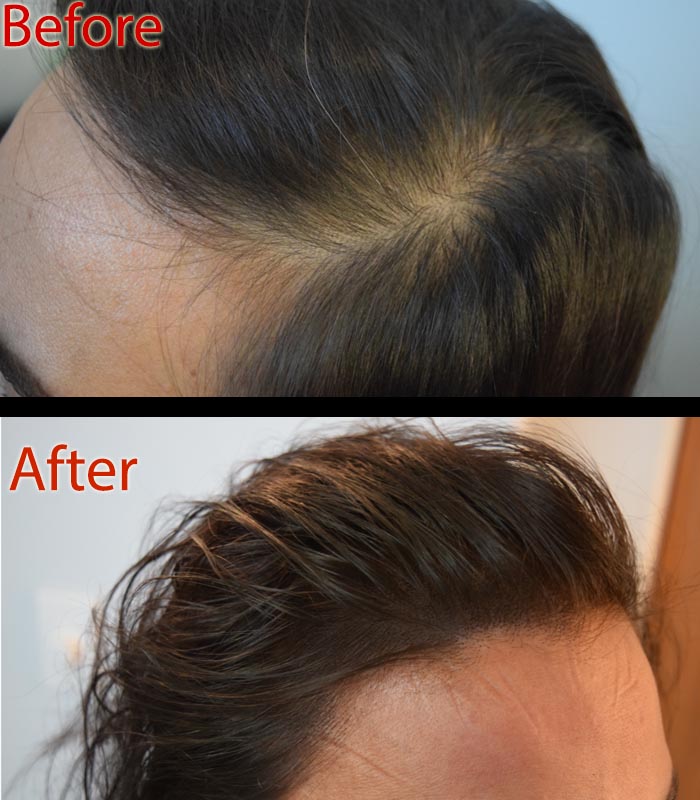For most women, their 20s represent a time of vibrant life and flourishing health. However, hair loss in women can unexpectedly cast a shadow on this carefree period, affecting up to 21% of women aged 30 or below.
The emotional impact of thinning locks and noticeable volume loss at such a young age can be significant, leading to feelings of distress and loss of confidence.
Understanding the Culprits of Hair Loss In Women
Several factors can trigger premature hair loss in young women:
Genetics: A family history of alopecia or pattern hair loss often plays a major role. If you have close relatives experiencing thinning, you may be predisposed to starting noticeable shedding earlier than average.
Stress: Chronic stress elevates cortisol and inflammatory chemicals in the body, leading to constricting hair follicles and increased shedding. Managing stress becomes crucial for hair health when facing academic pressure, demanding jobs, or personal challenges.
Rapid Weight Loss: Dropping significant weight through restrictive dieting or illness can trigger premature hair loss. This shift is often temporary, as hair follicles enter their resting phase prematurely due to the body’s stress response.
Nutrient Deficiencies: Restrictive eating habits lacking sufficient protein, iron, zinc, and vitamins can impact hair growth and increase shedding. Ensuring a balanced diet rich in essential nutrients is vital for healthy hair.
Medications: Certain prescription drugs used to treat common conditions like ADHD, depression, or acne can have hair loss as a side effect. Discussing alternative options or managing potential side effects with your doctor is important.
Poor Hair Care Practices: Overusing chemical treatments, heat styling tools, and tight hairstyles can damage hair follicles and lead to breakage or traction alopecia, a form of hair loss caused by excessive pulling tension.
Addressing hair loss in females in 20s
Seek Professional Help: Consulting a dermatologist is crucial for identifying the underlying cause of your hair loss. Blood tests can reveal hormonal imbalances or nutrient deficiencies, while scalp biopsies can diagnose specific conditions that may require targeted treatment.
Manage Stress: Developing stress management techniques, such as prioritizing sleep, practicing yoga or meditation, seeking professional counseling, and incorporating stress-reducing activities into your daily routine, can help keep cortisol levels in check and support hair growth.
Nourish Your Body: Maintaining a balanced diet of protein, fruits, vegetables, and whole grains ensures your body has the building blocks for healthy hair. If blood tests reveal specific deficiencies, consider incorporating supplements your doctor recommends.
Embrace Gentle Hair Care: Opt for sulfate-free shampoos and conditioners, minimize heat styling frequency, and avoid tight hairstyles to protect your delicate strands from further damage.
Try scalp micropigmentation to hide female hair loss
Hair loss in young women is a multifaceted issue, but it’s not something you have to face alone. By understanding the potential triggers, seeking professional guidance, and implementing the right strategies, you can regain control and promote healthy, beautiful hair.
Besides, if you are struggling with women hair loss, look for scalp micropigmentation experts in Arizona.
Scalp experts in Arizona are experienced in the hair restoration technique and have been helping thousands of balding females suffering from hair loss blues restore their self-esteem.

